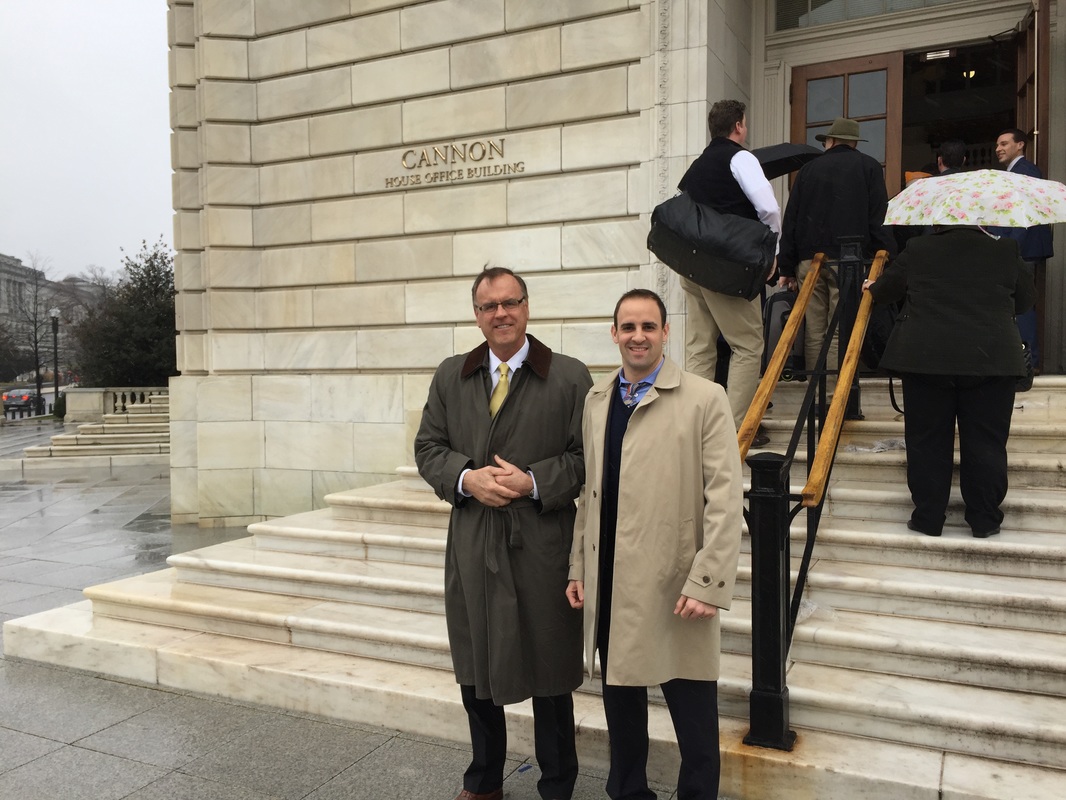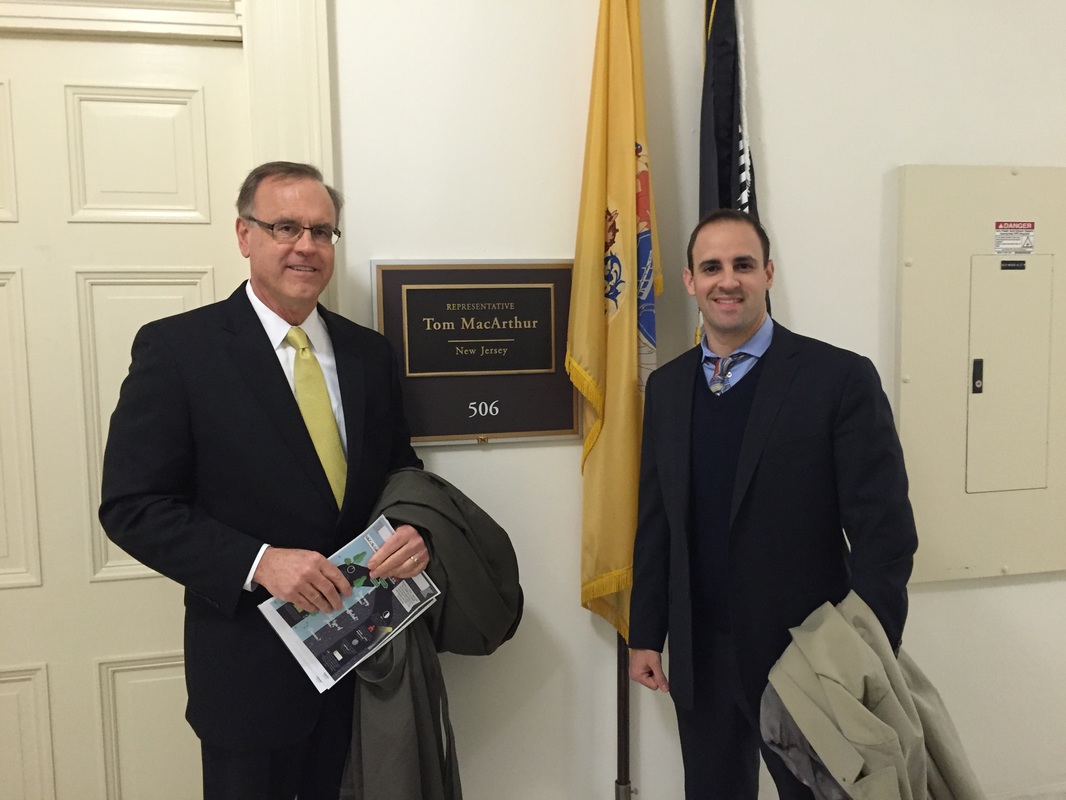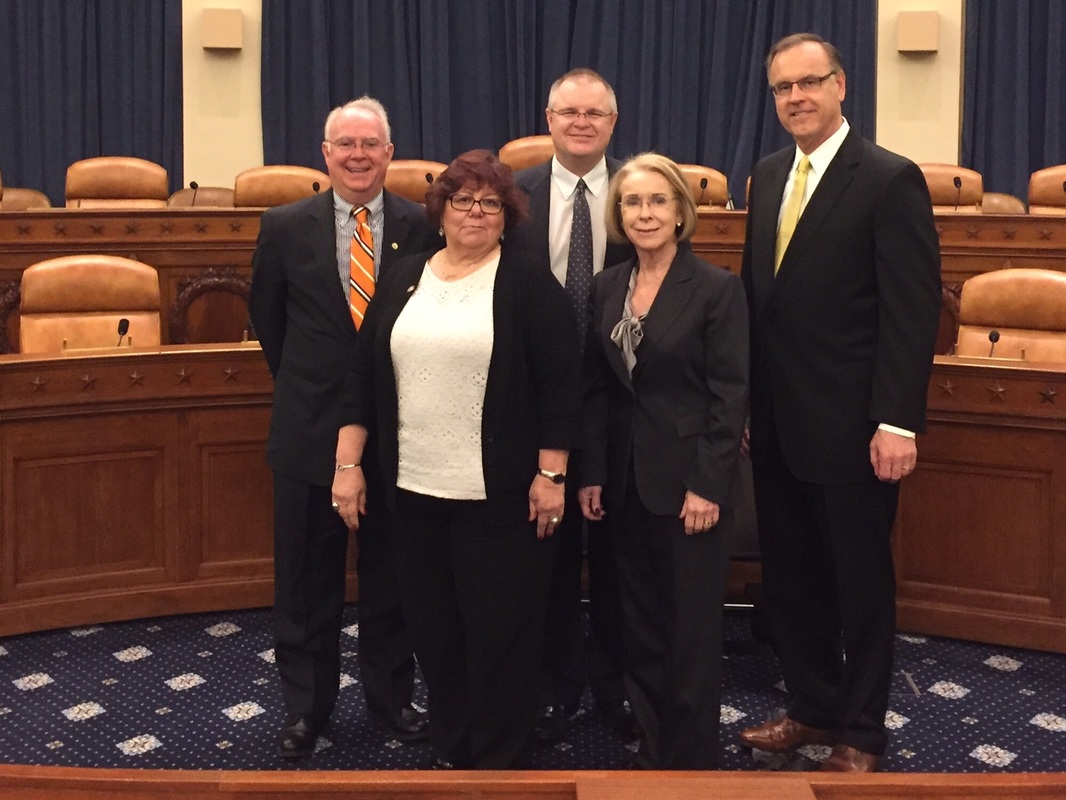Last week was the Capitol Conference in Washington D.C. for the National Association of Health Underwriters (NAHU). Doug is the only NAHU member from NJ that has been attending the Capitol Conference and lobbying on important issues for over 20 years! This year, we had a great trip lobbying for several key legislation priorities with our Congressmen.
We think it is important to keep you informed of these activities so you are aware and can help lobby your local Congress People regarding these key topics.
NAHU has a list of 8 key legislation priorities that are the focus for 2016. At Lubenow Agency, all of these issues are important, but we further prioritized the list to summarize the top two issues that we are pressing for our group client stakeholders.
We think it is important to keep you informed of these activities so you are aware and can help lobby your local Congress People regarding these key topics.
NAHU has a list of 8 key legislation priorities that are the focus for 2016. At Lubenow Agency, all of these issues are important, but we further prioritized the list to summarize the top two issues that we are pressing for our group client stakeholders.
- Employer Reporting – the ACA reporting requirements (e.g. 1094 and 1095 forms) for large groups, 50+ in NJ, present significant incremental administrative costs for employers. Additionally the implementation of the subsidies on Healthcare.gov provides no validation that the individual is actually eligible for the subsidy at the time of enrollment. This will result in certain individuals who received subsidies getting an unexpected tax bill later this year (if they should not have been eligible for a subsidy). The bills mentioned below will help to address these Reporting issues.
- H.R. 2712 and S. 1996 address new challenges related to counting employees and complying with employer reporting requirements that impact both small and large employers.
- Cadillac Tax – This 40% tax on “Cadillac Plans” was one of the main funding mechanisms for the Affordable Care Act. It was anticipated to generate over $85 Billion. There are several issues with this tax. First, the Congressional Budget Office estimated 3/4 of the $91B in funds based on the assumptions that employers would reduce health benefits to avoid the tax, provide the health insurances savings back to employees in income, and thus the incremental income tax generated would be over $65B. This is a huge assumption that is highly unlikely to occur to most cases. The second major issue with the Cadillac Tax is the thresholds are ($29,100 for a family) too low for determining a Cadillac Plan… in NJ, the majority of plans have already crossed this threshold or will be crossing this threshold in the next couple of years. This issue affected large Union Plans as well as Corporate Plans, so there seems to be bipartisan support. Our goal is to repeal this Tax completely because the 40% penalty is too severe and will impact too many people.
- H.R. 879, H.R. 2050, S. 2045 and S. 2075 would permanently repeal the “Cadillac Tax,” which will impose a 40% excise tax on health plans that exceed certain cost thresholds beginning in 2020, following the two-year delay passed in December 2015.
If you have any questions about the pending legislation or getting involved to help support these key issues, let us know.
Best Regards,
Doug & Justin




 RSS Feed
RSS Feed